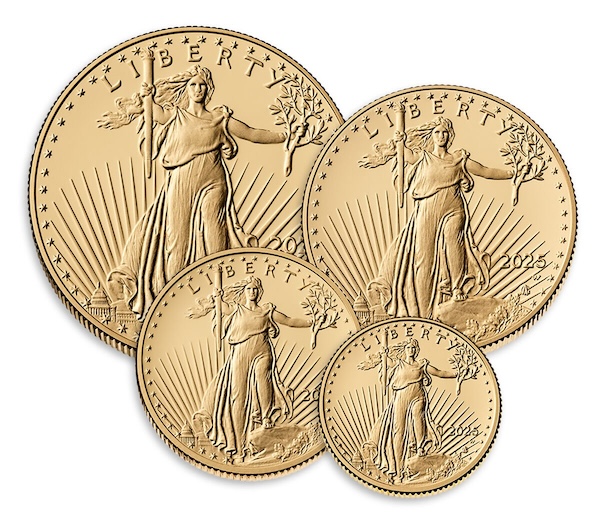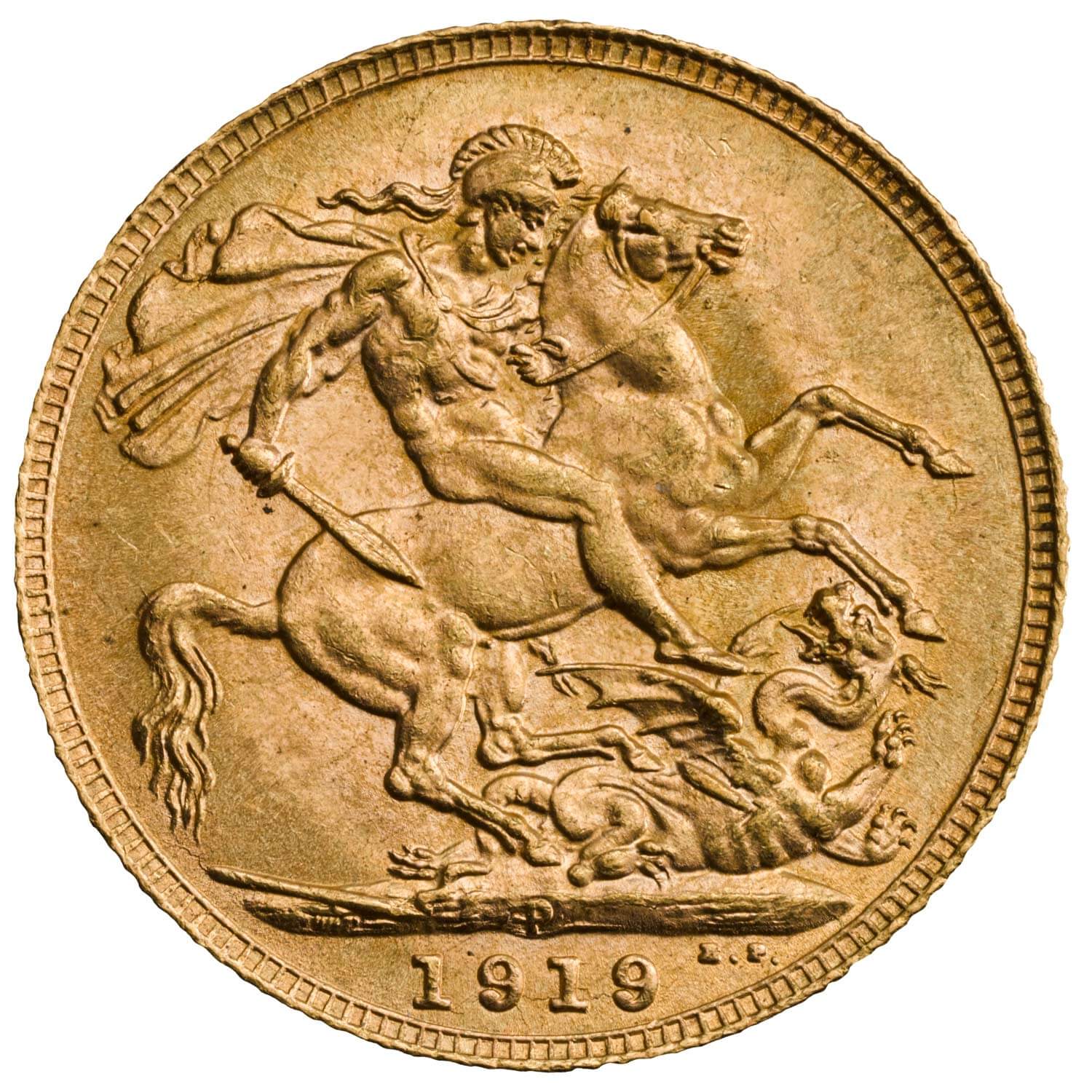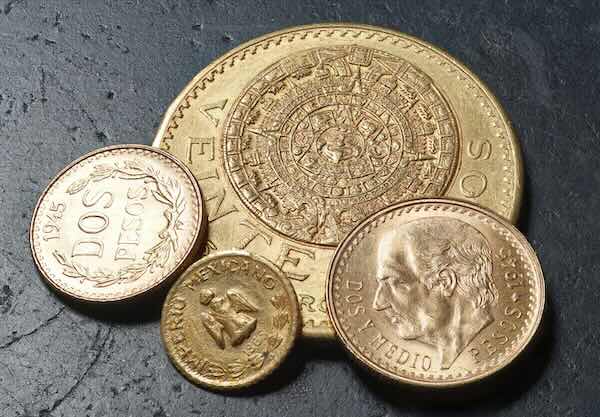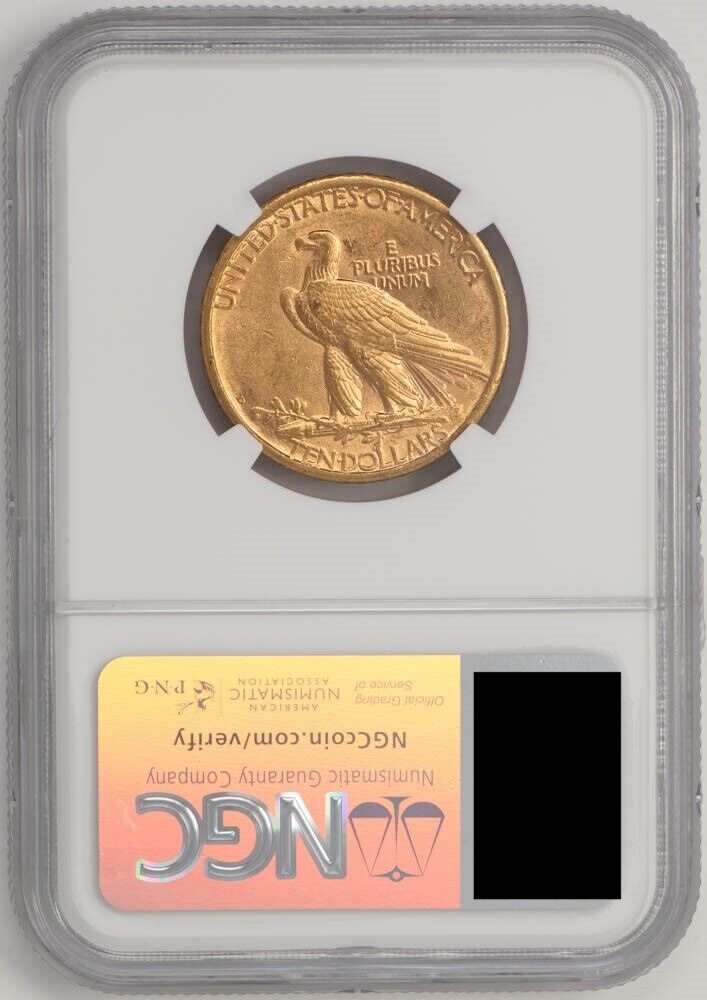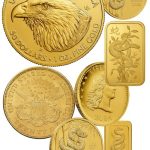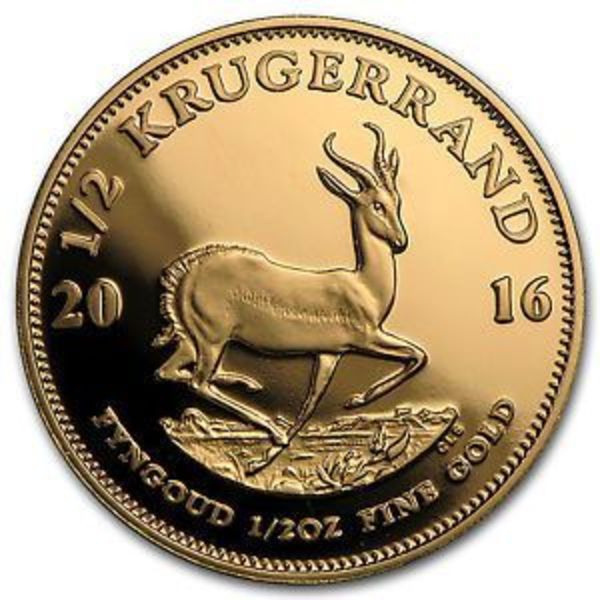When investing in physical gold, few assets offer the timeless appeal, portability, and security of bullion coins. But not all gold coins are created equal — they come in different sizes, designs, and even pricing structures that can seriously impact your investment strategy. Whether you’re stacking ounces at a time or starting out with a small piece of wealth insurance, there’s a gold coin size for every budget.
Why Bullion Gold Coins Come in Standard Sizes
Bullion gold coins are minted in standard weights to provide transparency, consistency, and trust across global markets. The most common size is the 1 oz gold coin. Still, many sovereign mints also produce fractional sizes like 1/2 oz, 1/4 oz, and 1/10 oz gold coins to make gold ownership more accessible. Several mints issue even smaller sizes including 1/20 oz, 1/25 oz, and even 1 gram.
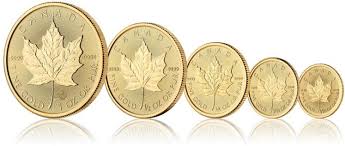
These standardized sizes ensure easy valuation and liquidity. There’s no ambiguity when you buy or sell. Each 1 oz gold coin contains exactly one troy ounce (31.1035 grams) of gold. Fractional gold coins represent smaller, proportional amounts of the same metal, making it easier for investors at all levels to own physical gold.
Popular Gold Bullion Coins for Investors
Here are a few examples of gold bullion coins that have earned global trust:
- American Gold Eagle (U.S. Mint): Available in 1 oz, 1/2 oz, 1/4 oz, and 1/10 oz sizes. Famous for its iconic design and government backing.
- Canadian Gold Maple Leaf (Royal Canadian Mint): Highly pure at 99.99% gold content, also issued in multiple fractional sizes.
- South African Gold Krugerrand: One of the first modern bullion coins, known for durability and a slightly lower premium.
- Austrian Gold Philharmonic: Europe’s best-selling gold coin, available in various sizes.
- British Gold Britannia (Royal Mint): Popular for its impressive security features and high gold purity.
Why Coins from Different Countries Cost Different Amounts
Even if two coins have identical gold content, their prices can vary widely. Here’s why:
- Mint Premiums: Some mints charge more for production, marketing, and distribution.
- Demand and Recognition: Coins like the American Gold Eagle are more expensive because they’re more widely recognized and liquid in the U.S.
- Purity and Alloy Content: Some coins, like the Krugerrand, are alloyed with copper for durability, affecting investor preferences.
- Import and Tax Costs: Coins minted outside your home country may carry additional import duties or VAT, impacting final costs.
Savvy investors weigh premium costs against resale value and recognition when looking for the cheapest gold coins. Sometimes, paying a slightly higher premium upfront for a well-known coin pays off when it’s time to sell.
Fractional Gold Coins: Flexibility for Every Budget
Fractional gold coins are perfect for investors who want exposure to gold without dropping thousands of dollars at once. Options like the 1/10 oz gold coin allow investors to steadily accumulate gold over time without overextending their budgets.
Fractional pieces are also ideal for barter scenarios or emergencies, where smaller denominations might be more practical than a full-ounce coin. However, keep in mind that fractional coins usually carry higher premiums relative to their gold content compared to full 1-ounce coins.
Selling Gold Coins
When the time comes to sell gold coins, knowing where to go can make a big difference in how much money you walk away with. Many people make the mistake of selling their gold coins to pawn shops, “we buy gold” stores or cash-for-gold pop-up buyers. These places are often predatory and will offer you the absolute lowest price possible. Sometimes well below the current market value.
Instead, look to sell your coins through reputable Local Coin Stores (LCS) or established online bullion dealers. These outlets typically base their offers on current market conditions and offer more competitive pricing. They are more transparent and more likely to understand the numismatic or bullion value of your coins, especially if you’re holding well-known issues like American Eagles, Maple Leafs, or pre-1933 U.S. gold coins.
Whether you’re cashing out a single coin or a full stack, researching and choosing the right buyer is crucial for getting full value from your gold investment.
Final Thoughts: Building Your Gold Portfolio Smartly
Whether starting with a 1/10 oz gold coin or stacking full ounces, there’s a size and strategy for every investment goal. Focus on well-known, widely recognized bullion coins to ensure maximum liquidity. If you’re hunting for the cheapest gold coins to build weight efficiently, balance upfront premiums against long-term salability.
In today’s volatile world, owning physical gold is more than smart—it’s essential. Thanks to a variety of sizes, anyone can start securing their future, one coin at a time.
